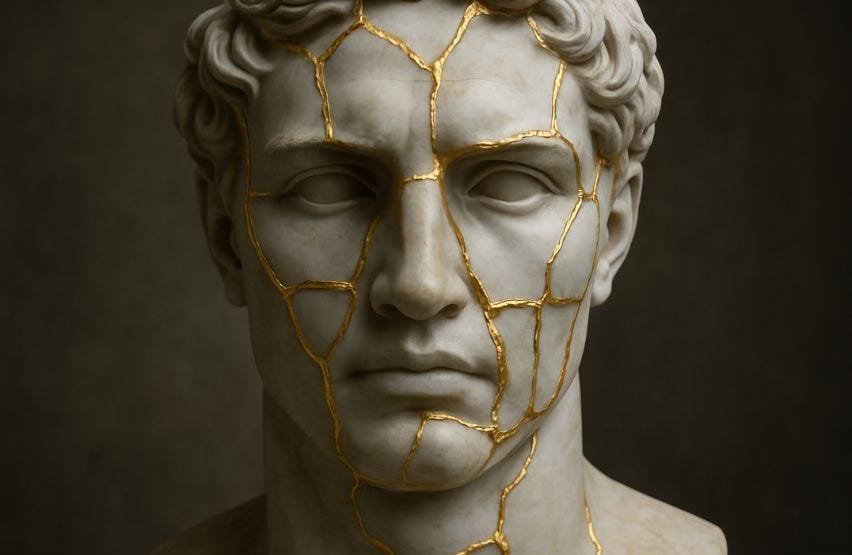The Unseen Wounds: The Lasting Impact of Microaggressions
How daily slights erode self-worth—and why your pain deserves to be witnessed
The waiter's eyes lingered just a beat too long on our interlaced fingers before asking if we wanted separate checks.
It happened so quickly I almost convinced myself I'd imagined it. Almost. But my stomach had already dropped, that familiar knot forming. The one that knows the difference between curiosity and judgment, between genuine mistake and deliberate dismissal. My partner didn't even notice, still laughing at something from our earlier conversation, while I sat there cataloging another invisible wound.
This is the peculiar violence of microaggressions: they're simultaneously too small to name and too sharp to ignore.



